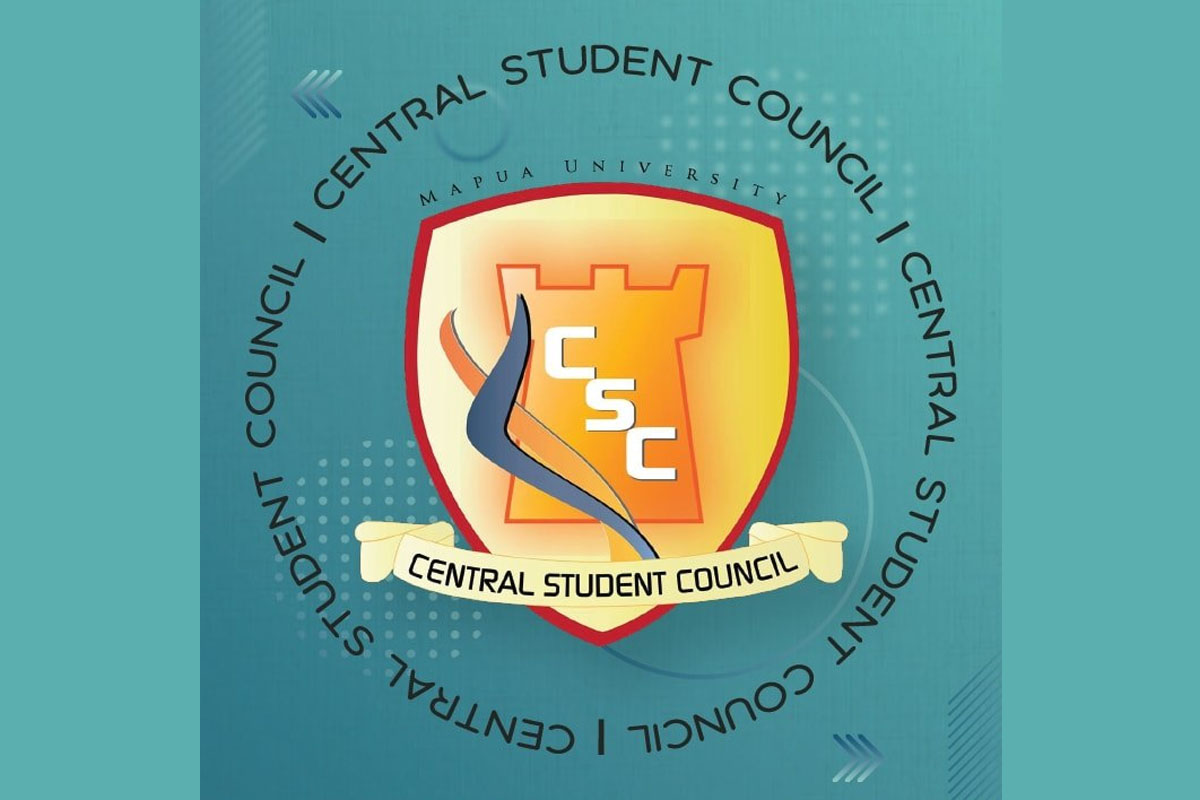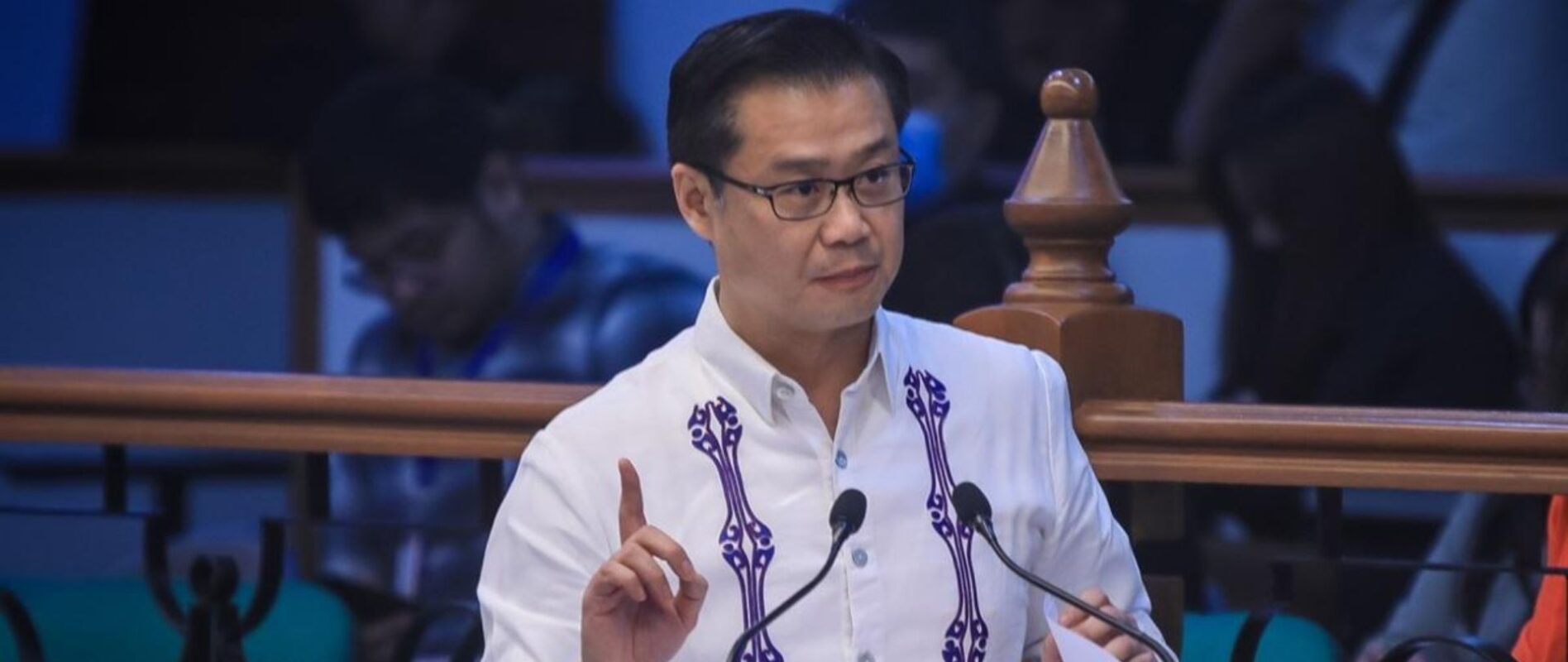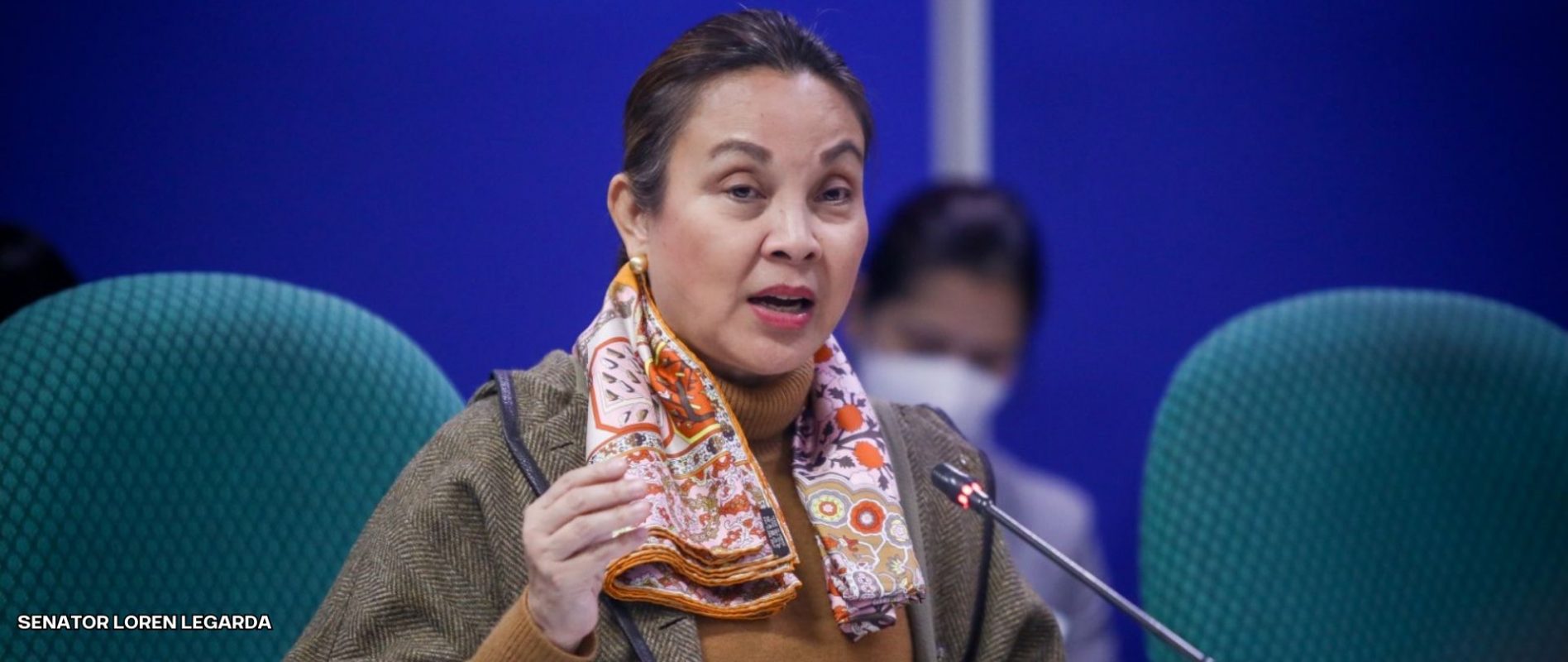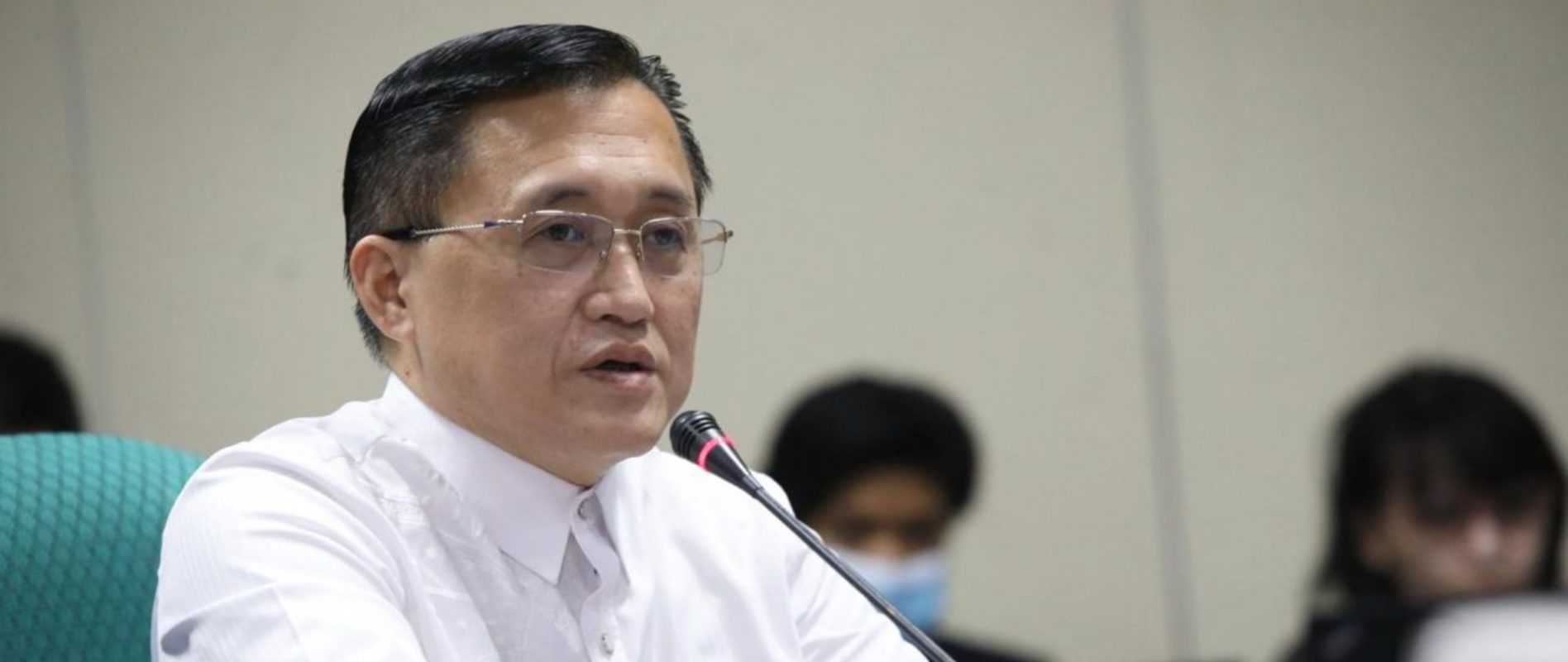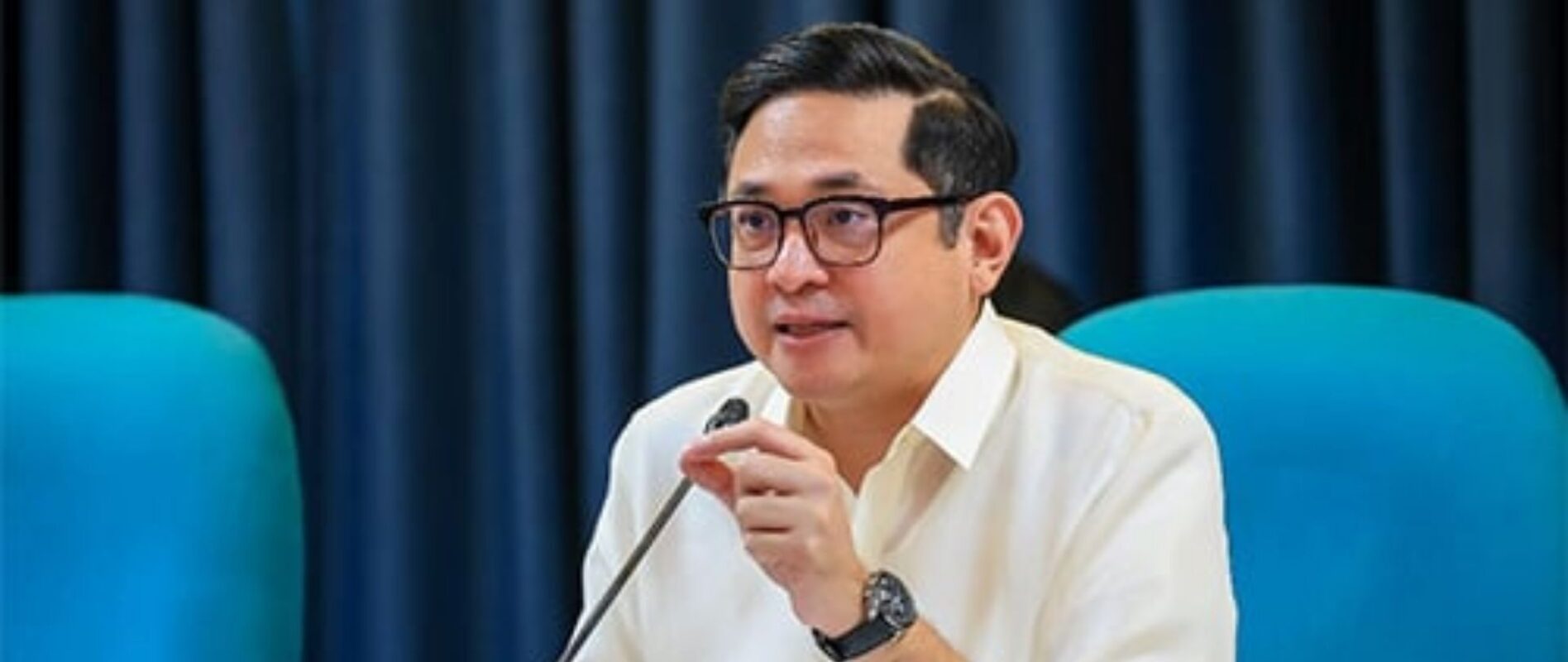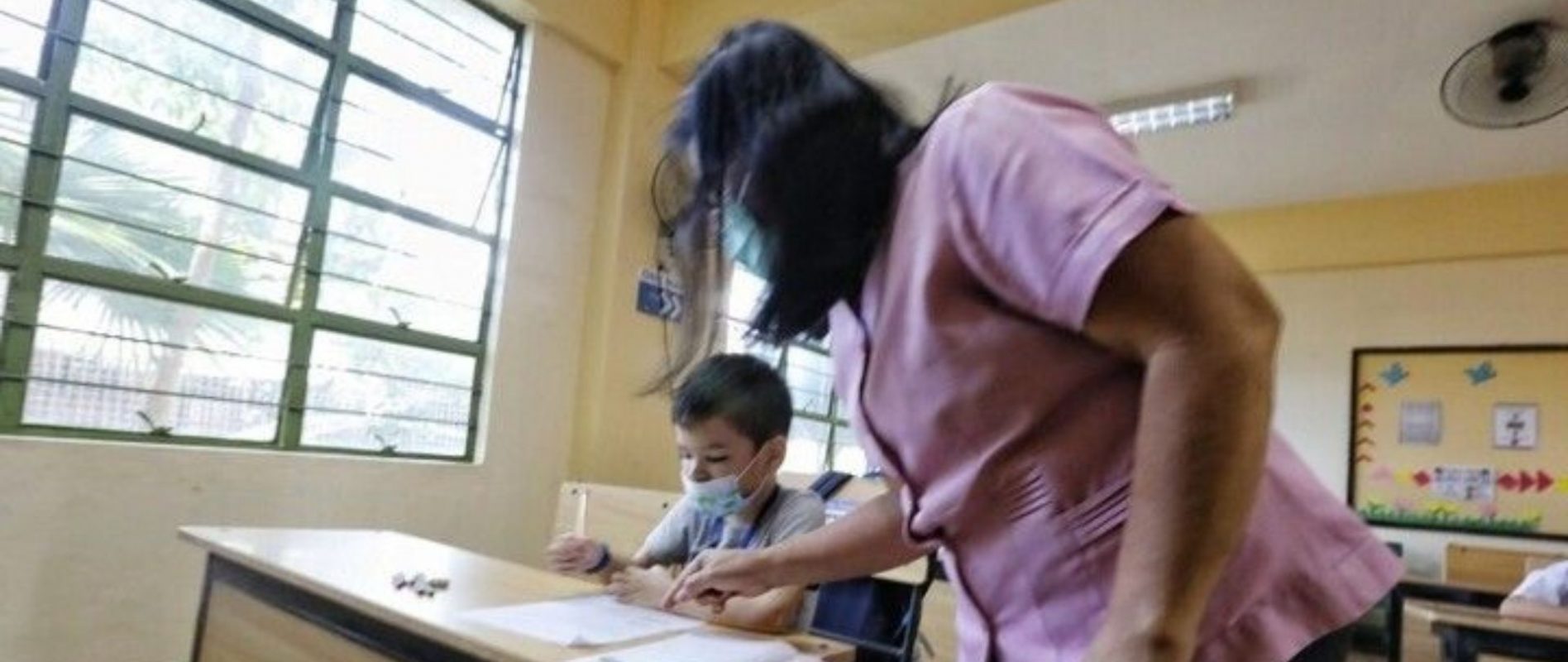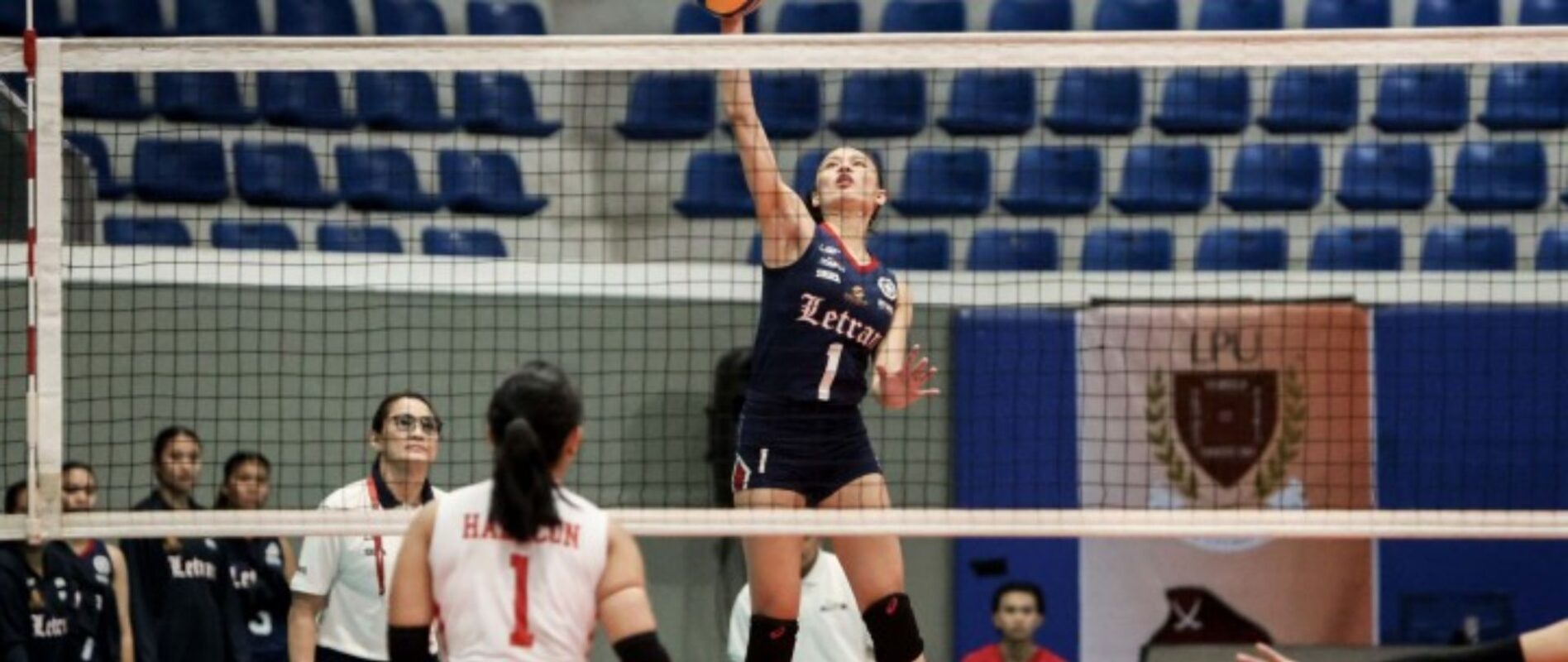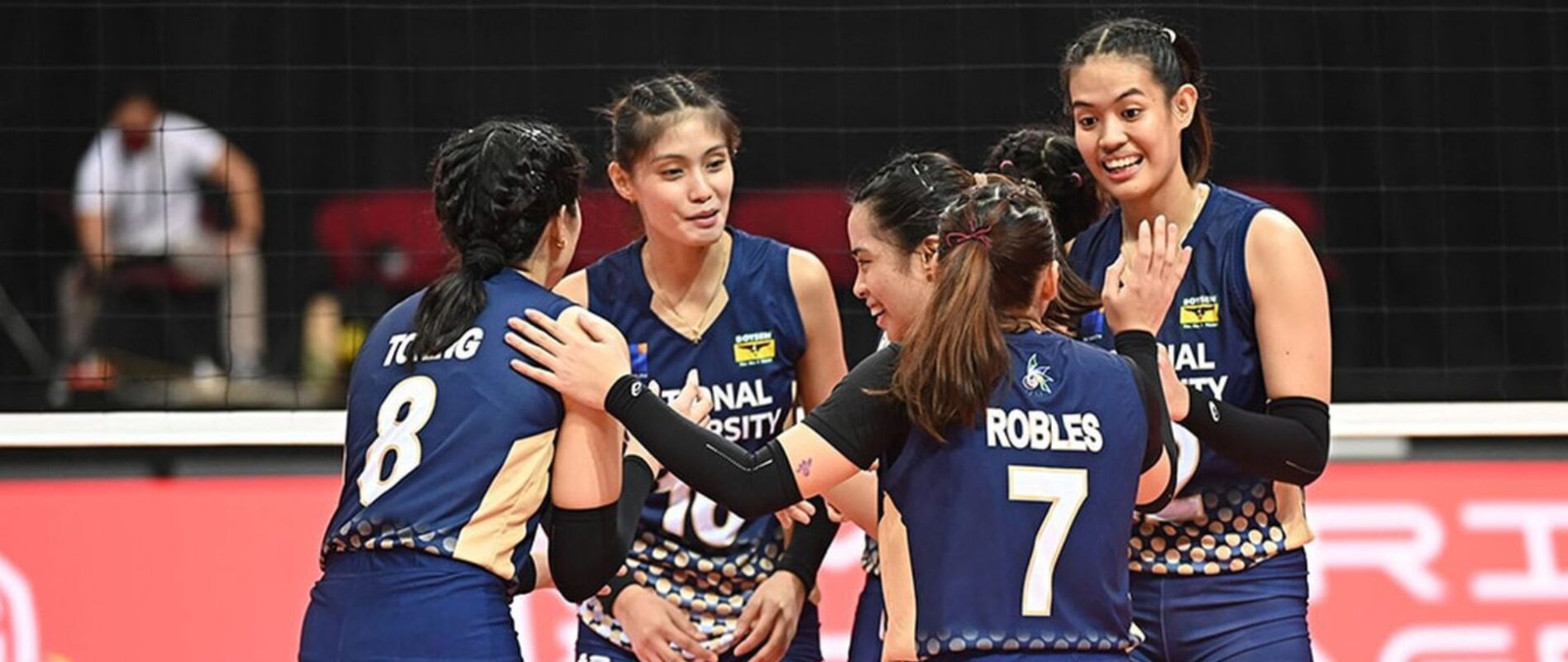MAPUA APPROVES ONE-WEEK BREAK OF ONLINE CLASSES
THE MAPUA University Central Student Council got what it wanted after the school approved a one-week break of online classes starting on Sept. 28.
The approval was made by Executive Vice-President for Academic Affairs Dr. Bonifacio Doma Jr.
“On the request for a one-week respite, the Academic Council approved that we would take a one-week break from all online classes from September 28 to October 3, 2020,” said Doma, Jr. in a letter.
The student council called for the suspension of online classes last Sept. 1.
“In our previous email to Dr. Vea we are requesting for a ‘Mid-Term Break’ for the 1st Quarter of AY2020-2021. We wrote last August 14, 2020 that ‘In addition, we would also like to propose a ‘Mid-Term break’ for the 1st Quarter of AY 2020-2021,” the council said in its letter to the school official.
The student council cited the result of a survey it conducted among students, with 987 respondents, as its reason for seeking a one-week break from online classes.
The survey raised the concerns and grievances of students, which included faster paced shift of learning due to ‘modularization’, more academic workloads were given by the professor to comply with the requirements by the end of each term, implementation of modular system brought more ‘mental strain’ to students, and the reimplementation of ‘Can Pass; Can’t Fail Policy.’
The student council also focused on pausing the implementation of modular system, release transparent and full policies on modular system.
In response, Dr. Doma said the modular system was for the benefit of the students and an expanded opportunity, and not to make the life of students ‘miserable’.
“Modular System solely for the benefit of all its students, not to make students’ school life difficult.
“The course syllabus used in both non-modular and modular system is the same. In the modular system, the course syllabus is just subdivided into modules. This way, students are given multiple opportunities to achieve course outcomes without sacrificing quality education. Under the Outcomes-Based Education System, this principle is called expanded opportunity,” stated Dr. Loma in his letter.
The academic council will also present the revised modular system and will clarify other issues, according to the school official.
Dr. Doma is open to any suggestions though, adding students can email the Dean or Chair of their respective departments.

